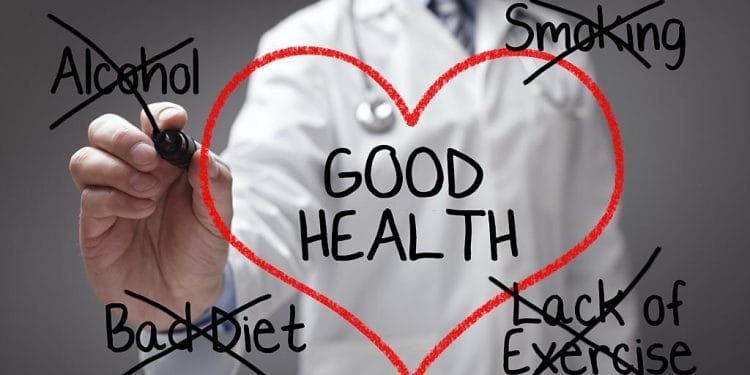Statistics show that about a million people in the UK have stopped smoking since the COVID-19 pandemic. While quitting smoking is one of the best things you can do for your health, it can also lead to weight gain. One of the main reasons this happens is that nicotine increases the amount of energy the body uses and curbs appetite. Consequently, smokers have a lower body weight as opposed to non-smokers.
However, worries about weight gain shouldn’t be why you continue smoking, because usually, ex-smokers only gain a modest amount of weight. Often, they gain between 2.25 and 4.5 kilos over a period of five years, most of which is gained within the first year.
Surely, that’s a small amount of weight gain to deal with if you want to better your health in the long run. Usually, an online weight loss coach recommends that ex-smokers prevent weight gain after they quit instead of dealing with the weight gain all at once. Here’s how you can do so.
Consult a Weight Loss Coach
To ensure that you avoid gaining weight once you quit smoking, you’ll have to be consistent and determined. But it’s not easy to adopt a healthier diet, get enough exercise, and turning to healthy distractions when you get nicotine cravings. That’s where you need a weight loss coach to hold you accountable.
As an expert in nutrition and exercise, a weight loss coach can help you adopt a steady workout routine that grows more intense as your body regains stamina. Moreover, they’ll ask you to maintain a log of the foods you eat, so it’s easy to measure if you’re eating more or less than you should.
Start Exercising
The first few months after you stop smoking are crucial, so they’re when you need to make the most effort to keep the weight off. If you used to smoke an entire pack of cigarettes per day, that would lead to you burning 250 calories. Making exercise a part of your everyday routine can alleviate anxiety, lower blood pressure, and improve sleep. It’s likely that you’ll have a low stamina as a result of smoking, so stick to lighter exercises when you first start out.
Keep Yourself Busy
Once you quit smoking, the first few months are not only important to prevent weight gain, but to avoid falling back into old habits. Many ex-smokers deal with nicotine cravings during their regular smoke breaks by mindlessly eating snacks. This can add to your weight gain woes, so it’s best to choose other activities that keep you (and your mouth) busy.
For instance, you can get some sugar-free chewing gum and play a game on your phone. Or, step outside and take a walk around the block, timing how long it takes you. You can repeat this for each smoke break and see how much faster you get as your stamina improves.
Drink More Water
Getting up and sipping on a glass of water is also a great way to deal with nicotine cravings. Make sure to drink more than the average eight glasses a day. This can also help you feel full and curb your appetite as you feel the effects of nicotine wearing off. More importantly, it’s likely that your body still has some traces of nicotine, so staying hydrated can help in flushing out any residual traces of nicotine.
Eat the Right Foods
When your appetite returns after quitting smoking, you’ll feel a lot hungrier and be likely to overeat. And if you try curbing nicotine cravings with snacks that are loaded with carbohydrates, you could end up gaining more weight. That’s why it’s important to prepare a diet plan and snacks beforehand. For snacks, have some fresh vegetables like celery, cucumber, and carrots with hummus. If you’re craving something sweet, have a bowl of fresh fruit or some dried fruit with nuts.
As for meals, try to avoid fast food and start cooking food at home instead. That’s because fast food usually contains high amounts of saturated fat and sodium, which is bad news for your blood pressure and overall cardiovascular health. Not to mention, learning how to cook is an excellent way to use time you would previous spend smoking.
Conclusion
A lack of planning and support are among the major reasons people fail to cope with physical withdrawal symptoms and go back to smoking. Improving your eating habits, choosing healthier distractions, and working with a professional weight loss coach are among the best ways to plan out your journey once you quit smoking.




















































